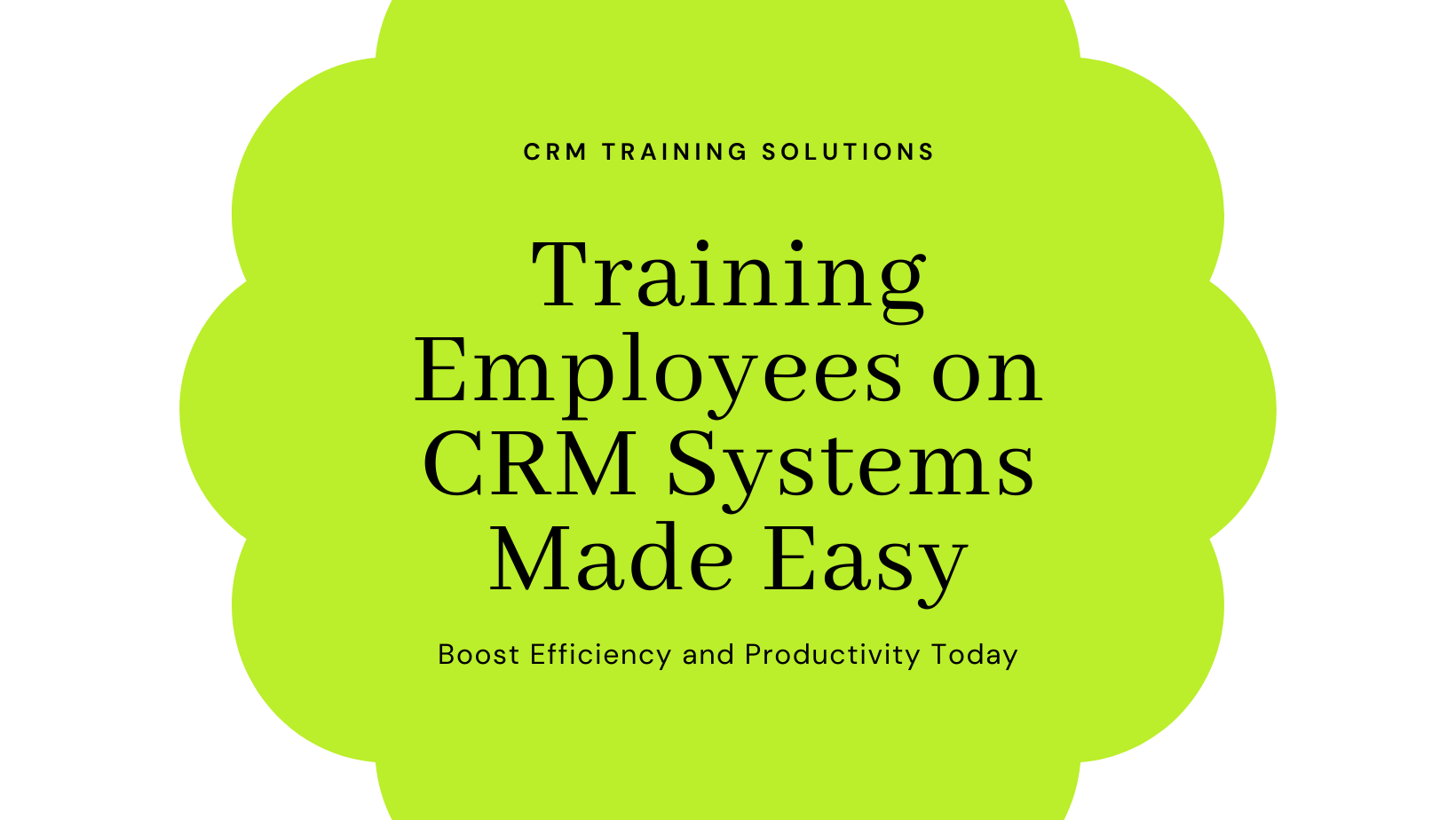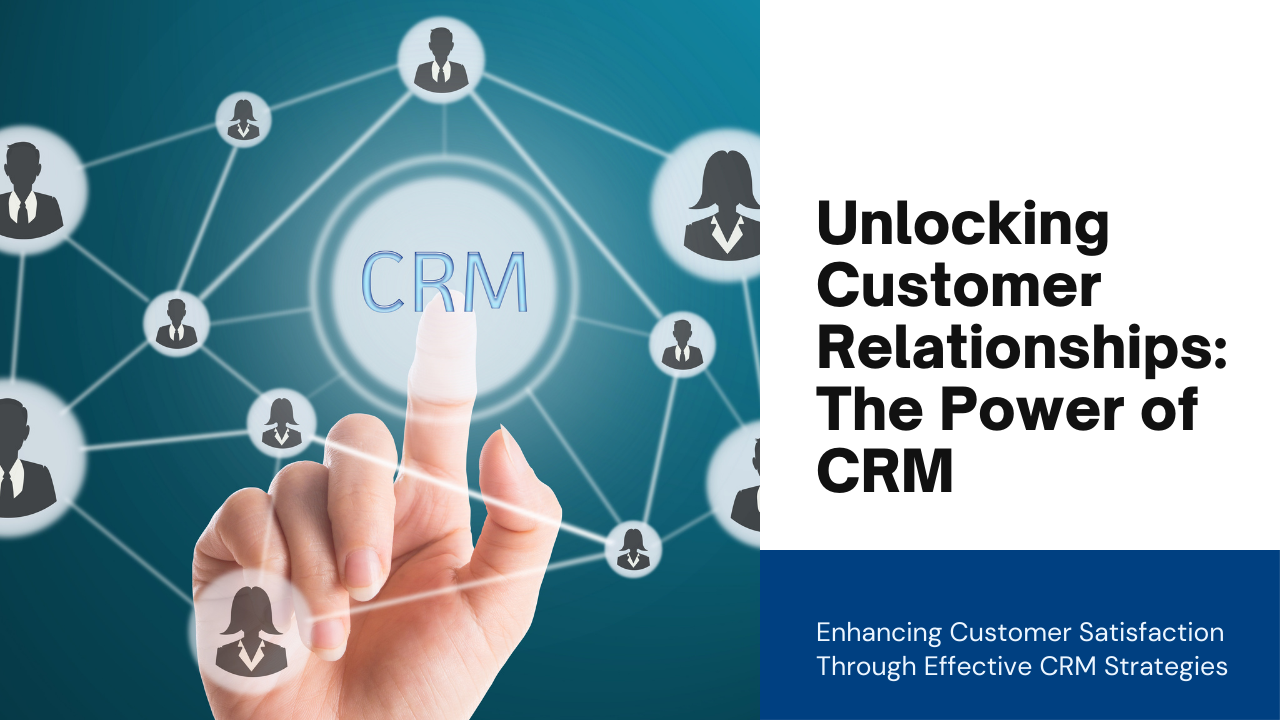Customer Relationship Management (CRM) systems have evolved from mere databases to powerful tools that enable businesses to manage, analyze, and optimize interactions with customers throughout their lifecycle. In today’s competitive landscape, implementing a robust CRM strategy is essential for fostering meaningful relationships, improving operational efficiency, and achieving sustainable growth. This blog delves into the myriad benefits of CRM for customer relationship management, highlighting its transformative impact on businesses of all sizes.
1. Centralized Customer Data Management
A cornerstone benefit of CRM systems is their ability to centralize customer data from various touchpoints into a unified database. By consolidating information such as contact details, purchase history, preferences, and interactions across channels (e.g., email, social media, phone calls), CRM empowers businesses to gain a comprehensive view of each customer. This centralized approach facilitates personalized communication, targeted marketing campaigns, and proactive customer service, ultimately enhancing customer satisfaction and loyalty.
2. Improved Customer Engagement and Personalization
CRM systems enable businesses to deliver personalized experiences tailored to individual customer preferences and behaviors. With advanced segmentation and targeting capabilities, organizations can segment their customer base into distinct groups based on demographics, buying patterns, or engagement levels. By leveraging these insights, businesses can create targeted marketing campaigns, recommend relevant products or services, and anticipate customer needs effectively. Enhanced engagement fosters stronger relationships, increases cross-selling and upselling opportunities, and boosts overall sales effectiveness.
3. Streamlined Sales Processes and Increased Efficiency
CRM systems streamline sales workflows by automating repetitive tasks such as lead management, opportunity tracking, and quote generation. Sales teams can prioritize leads based on predefined criteria, track interactions in real-time, and forecast sales pipelines more accurately. Automated reminders and notifications ensure timely follow-ups, reducing the risk of missed opportunities and improving conversion rates. By optimizing sales processes, CRM empowers sales teams to focus on building relationships and closing deals, driving revenue growth and profitability.
4. Enhanced Customer Service and Support
Effective customer service is paramount to maintaining customer satisfaction and loyalty. CRM systems facilitate seamless customer support by centralizing service requests, tracking interactions, and resolving issues efficiently. Service agents have access to complete customer histories, including past interactions and preferences, enabling them to provide personalized assistance and timely resolutions. Integrated ticketing systems, knowledge bases, and self-service portals further enhance the customer service experience, reducing response times and improving service quality.
5. Data-Driven Decision Making and Analytics
CRM systems offer robust analytics and reporting capabilities that provide actionable insights into customer behaviors, market trends, and business performance. By analyzing key metrics such as customer acquisition costs, lifetime value, and churn rates, businesses can make informed decisions and adapt strategies to align with changing market dynamics. Real-time dashboards and customizable reports enable stakeholders to monitor KPIs, track campaign performance, and measure ROI effectively. Data-driven decision-making empowers businesses to optimize resource allocation, identify growth opportunities, and stay ahead of competitors in a rapidly evolving marketplace.
6. Scalability and Flexibility
Scalability is a critical factor for businesses looking to expand their operations and accommodate growing customer bases. Cloud-based CRM solutions offer scalability and flexibility by providing on-demand access to resources, unlimited storage capacity, and seamless scalability of features and functionalities. Organizations can easily scale their CRM systems to support additional users, integrate new applications, or adapt to changing business requirements without significant upfront investments in hardware or infrastructure.
7. Improved Collaboration and Team Efficiency
CRM systems promote collaboration and communication across departments by providing a centralized platform for sharing customer information, insights, and updates in real-time. Cross-functional teams, such as sales, marketing, and customer service, can collaborate more effectively, align strategies, and coordinate efforts to deliver cohesive customer experiences. Enhanced visibility into team activities and performance metrics fosters accountability, teamwork, and collective goal achievement, driving overall organizational efficiency and success.
Conclusion: Harnessing the Power of CRM for Business Growth
In conclusion, CRM systems play a pivotal role in transforming customer relationships, optimizing business processes, and driving sustainable growth. By centralizing customer data, enhancing engagement through personalized experiences, and streamlining operations across sales and service functions, CRM empowers businesses to stay competitive in a digital-first economy. Investing in a robust CRM strategy isn’t just about adopting technology; it’s about cultivating customer-centric cultures, leveraging data-driven insights, and delivering exceptional value to customers at every touchpoint.







